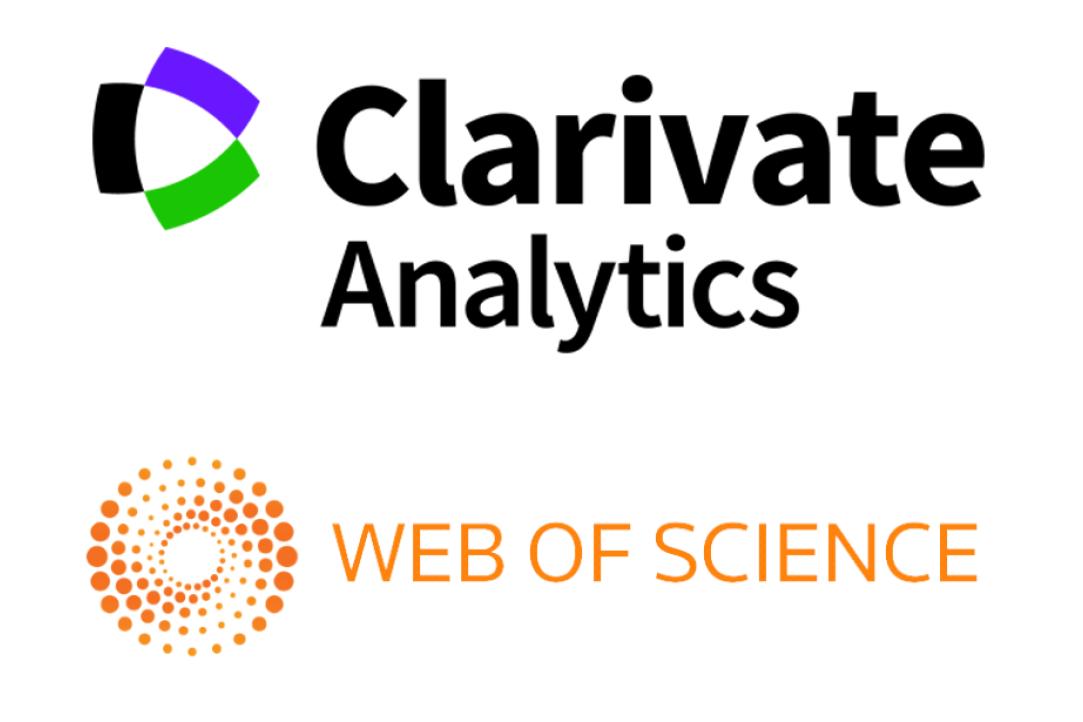Трансформация аристотелевских категорий в теологии и космологии Максима Исповедника
DOI:
https://doi.org/10.21146/2072-0726-2017-10-2-38-61Ключевые слова:
греческая философия, Аристотель, логика, категории, метафизика, космология, теология, патристика, Максим ИсповедникАннотация
Статья посвящена рецепции логико-философских идей Аристотеля в теологии и космологии св. Максима Исповедника (580–662 гг.). Рассматривается представление обоих мыслителей о Боге как неподвижном перводвигателе и Уме, сущность которого совпадает с его мышлением; затрагивается использование Максимом Исповедником аристотелевского учения о движении и его четырех видах; анализируется онтологическая триада: сущность, сила, действие и ее аристотелевские корни, а также другие возможные философские источники. Демонстрируется, как византийский мыслитель переосмысливает десять аристотелевских категорий в идеальном ключе, превращая их в чистые бестелесные логосы, благодаря соединению которых получается индивидуальная вещь, а также устанавливаются различные мировые связи. Наконец, анализируется родовидовая иерархия логосов и ее связь с логикой Аристотеля и ее неоплатоническими комментаторами. Особое внимание уделяется трансформации аристотелевских идей, обусловленной прежде всего религиозным фактором.






